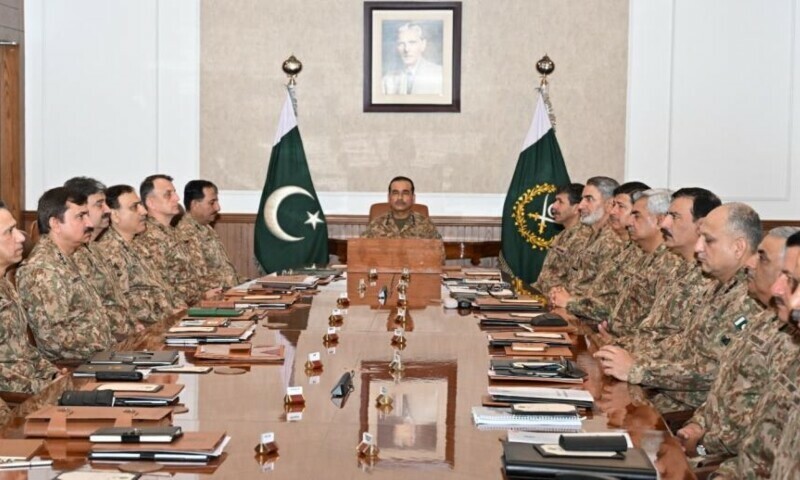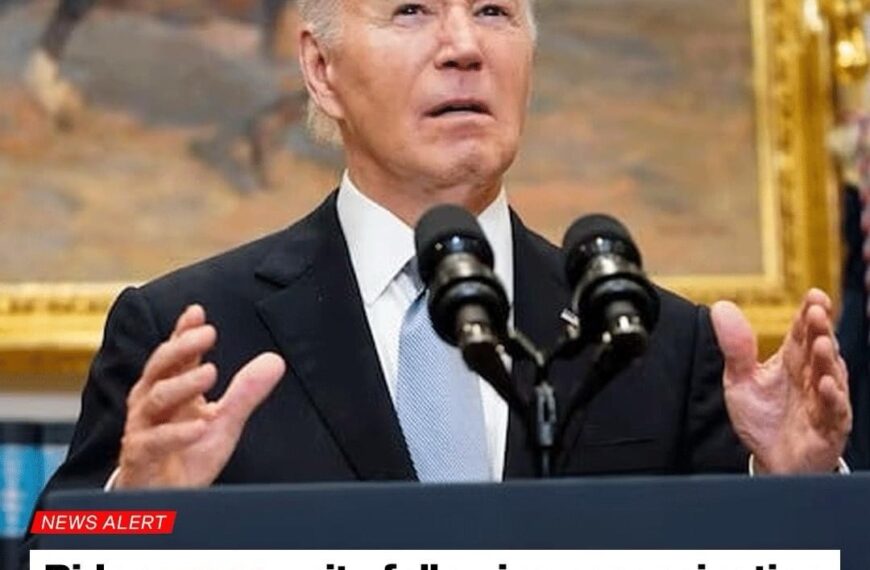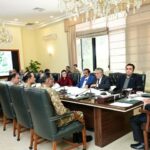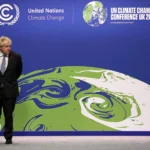ON the question of national security at least, the PTI is willing to lend an ear to the government. The party’s decision to participate in a political stakeholders’ conference on Operation Azm-i-Istehkam, confirmed to the media by the PTI’s incarcerated chief Imran Khan on Friday, has been welcomed by the PML-N-led government and is being seen as a significant development with respect to the prospects of the proposed military action.
The PTI has been one of the strongest critics of the operation and has resisted it strongly, along with other opposition parties. The party and those aligned with it on the matter believe that another military operation may destabilise the country further by disrupting the economies of the affected areas and precipitating the kind of social uprooting and upheaval that became part and parcel of earlier military operations against militants and terrorist forces.
Despite those reservations, Mr Khan has instructed party leaders to hear the government out and present the PTI’s concerns through the forum of the proposed multiparty conference. “It is good to hear the PTI founder’s statement […] this is a matter of national importance, and all political parties should be taken on board,” the information minister said. However, the government should announce a date for the conference as soon as possible in order to capitalise on the opportunity. Since the PTI rules KP and represents a large section of the national electorate, its buy-in is critical for the operation’s success. Encouragingly, some in the ruling party seem to be taking the PTI’s willingness to participate as an opportunity for engagement on broader issues as well. The defence minister, while commenting on the matter, has said the government remains open to engaging with the PTI and that the PML-N president, too, has kept the doors for negotiations open.
However, the government and opposition’s tentative steps towards political engagement on Operation Azm-i-Istehkam may face difficulties. The Corps Commanders’ Conference, held on the same day the multiparty conference was being considered, was followed by a terse public rebuke to those criticising the operation. The military command reportedly considers the critics to be engaging in “deliberate misrepresentation of the [military’s] vision, only for furthering their vested interests”, according to a statement issued by ISPR.
This perspective seems to completely overlook the concerns held by the residents and representatives of the areas that are most likely to be affected by the proposed operation.
To avoid the social instability that the politicians have voiced their concerns about, it would be better if the proposed counterterrorism operation starts only after a political consensus has been reached. It should be left to parliament to decide how the country must proceed











